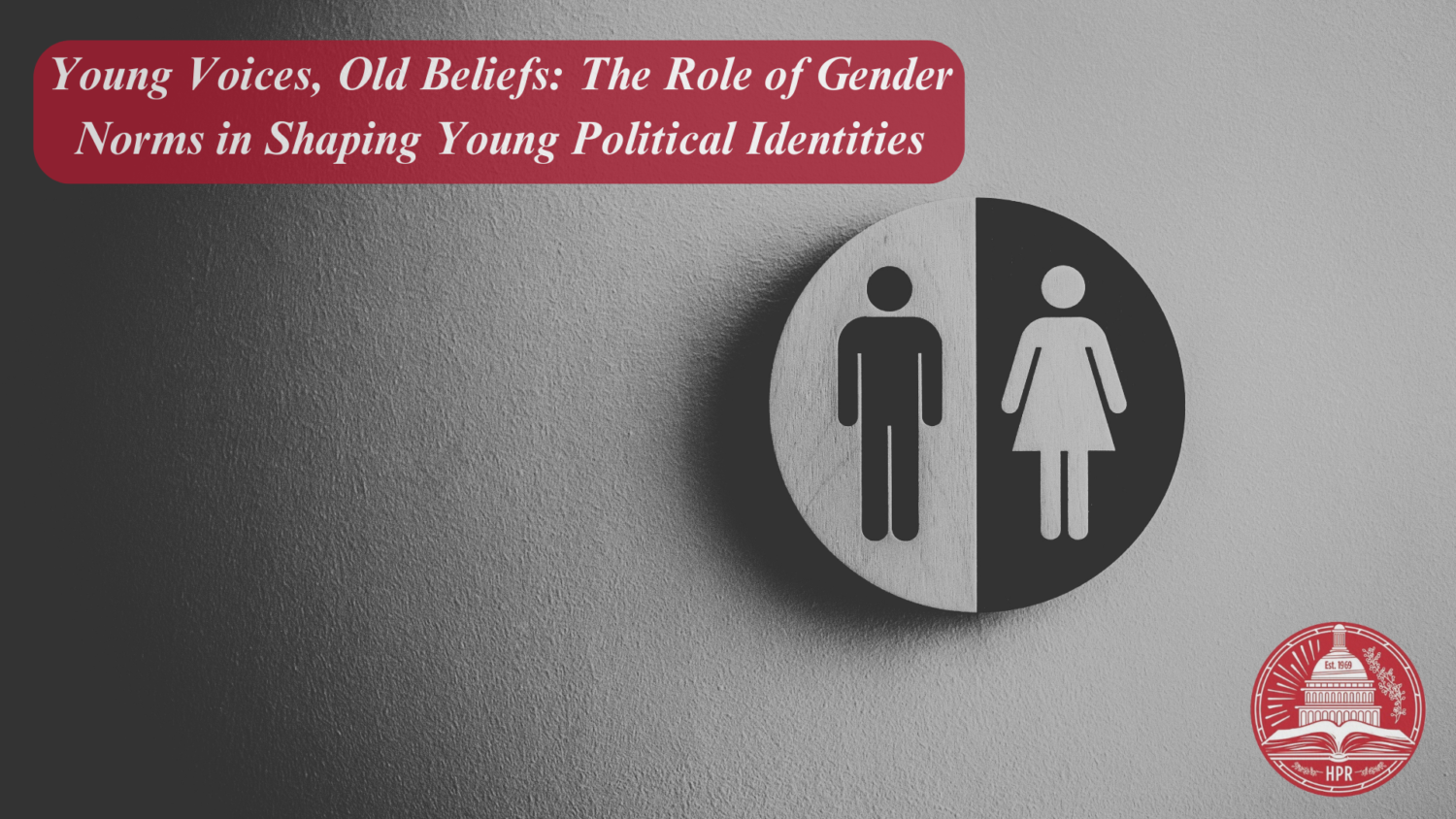In a 2021 speech to the National Conservatism Conference, Sen. Josh Hawley, R-Mo., identified that the “grand ambition” of the group he referred to as the “Left” was to “deconstruct America.” While Hawley highlighted various goals of the “Left” as instrumental to their broader goal of shifting the nation’s foundational values, gender took center stage.
“The deconstruction of America begins with and depends on the deconstruction of American men,” declared Hawley.
Leading up to the 2024 election, politicians like Donald Trump and Ron DeSantis have also been leveraging these themes, emphasizing a “loss of masculinity” in their campaigns and public statements. The importance of family and heteronormative gender binaries has bled into legislation posed by right-wing groups placing America’s transgender minority into the limelight. In 2018, there were two bills targeting gender-affirming care for transgender individuals; by 2021, the number had surged to 40, representing a twentyfold increase. Just four months into 2024, Human Rights Watch has already tracked over 133 such bills. Reproductive healthcare experienced similar legislative attacks following the Supreme Court’s Dobbs decision in 2022.
While traditional conceptions of family and gender have always been an essential ethos guiding the Republican Party, their place within the party’s legislative priorities has gained an increased focus in recent years. As the 2024 presidential election approaches, a crisis in masculinity has taken center stage as an organizing issue for the Republican Party and broader right-wing movement. A new and powerful rhetoric imbued with a sense of loss, fear, and anger has transformed gender politics.
The evolving dynamics of gender roles and the perceptions of these changing norms by some men over the 21st century have been the subject of previous academic discourse. In his book “Angry White Men,” sociologist Michael Kimmel discusses the past few decades as a time when women have entered the political and job markets in unprecedented numbers. This shift has led some to perceive a displacement of White men. Kimmel introduces the concept of “aggrieved entitlement,” describing a sentiment among these men who feel increasingly disengaged and marginalized from a society where traditional notions of family and masculinity no longer prevail.
While this has been a long-standing trend, it has now become more significant than ever, particularly within social media platforms that are popular with younger generations. Millions of young men tend to be drawn to influencers like Andrew Tate, who espouse notions of traditional masculinity. Ask any person, and they will have heard about the term “alpha male.” Increasing online discourse, targeted at these aggrieved young men, has sold these reconceptualized notions of “traditional masculinity” emphasizing being a breadwinner. These influencers champion equally traditional notions of womanhood that call for women to be wives and mothers rather than workers. Women who choose to live beyond the bounds of marriage are shamed for acting more promiscuously.
A new poll conducted by the Harvard Public Opinion Project has revealed that this rhetoric has influenced young people, particularly men. The poll finds that opinions on gender politics constitute one of the political dimensions most predictive of party affiliation and voting preferences in the 2024 election.
Gender Politics Among Young Americans
Polling over 2000 young Americans, ranging in age from 18 to 29, HPOP found that young people tend to be more progressive generally, with a majority of members of this age demographic intending to vote for Biden over Trump. It is no surprise that Gen Z’s opinions on gender politics follow a similar pattern. When asked whether they thought women were too promiscuous nowadays, 25% of respondents agreed, while a plurality, 45%, disagreed. When asked if they were “comfortable using someone’s preferred gender pronouns regardless of their biological sex,” 47% of respondents stated that they agreed, while 29% disagreed. The data found similar progressive trends toward gender politics. However, these trends seem to be less pronounced among men.
Men on Gender Norms
When male respondents were asked whether “men are too soft these days,” 38% agreed, while 33% disagreed. This contrasts with the results from the data that included responses from all genders, where a majority disagreed with the statement. When male respondents were asked if they were “comfortable using someone’s preferred gender pronouns regardless of their biological sex,” 38% of male respondents stated that they agreed, while 35% disagreed, showing a smaller divide compared to the data that included responses from all genders.
The Political Predictiveness of Gender Norm Attitudes
Positions on gender roles and traditional notions of masculinity appear to be closely correlated with political affiliation. Earlier public opinion research conducted by Politico found that ideas about gender roles were highly predictive of voting patterns in a match-up between Trump and Biden. HPOP’s findings show that this remains true for young voters as well. When asked if they were “comfortable using someone’s preferred gender pronouns regardless of their biological sex,” 58% of Trump supporters disagreed. Conversely, 44% of respondents agreed that women are too promiscuous these days. These patterns appear even more pronounced when the data is filtered for male respondents.
Although young people generally hold more progressive views on gender norms, it is evident that traditional notions of family, the gender binary, and perceptions of diminished masculinity play a significant role in shaping their political affiliations. This is particularly relevant for young men, as evidenced by the data, showing that “manosphere” influencers like Andrew Tate don’t just stay confined to their phones but also influence their thoughts and, increasingly, their votes.
Managing Editor











